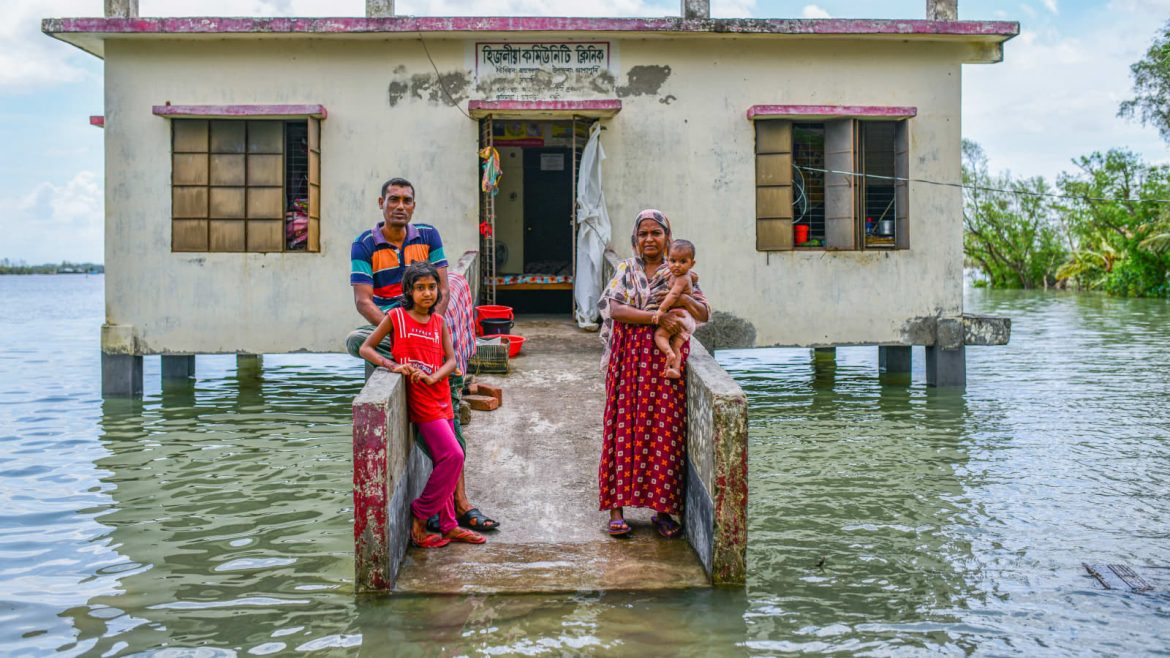The V20 – made up of the 20 vulnerable countries facing the worst impacts of the climate crisis, and least able to cope with them has said that rich countries must urgently develop a plan to assist countries suffering the ravages of extreme weather, as failure to take early action on the climate crisis has left them increasingly vulnerable.
The V20 set out its proposals on Monday for how rich countries should pay for the “loss and damage” caused by the climate crisis, noting that its demands are likely to be a key issue at the Cop27 UN climate summit, which starts in Egypt on 6 November.
Read also: CSIRO scraps climate forecast program
The minister of environment for the Maldives, Shauna Aminath, said that it was the failure of the world’s richest nations to help poor countries build their resilience to extreme weather, for instance through constructing seawalls or preserving natural flood barriers, that had forced them to address loss and damage.
Loss and damage refer to the most disastrous impacts of climate breakdown, such as hurricanes or severe floods like those that recently hit Pakistan.
“The reason we are talking about loss and damage is that we have failed on adaptation finance for years,” Aminath was quoted as saying.
She maintained that a longstanding pledge by rich countries to provide $100bn a year by 2020 in climate finance to poor countries has still not been fulfilled, and most of the money that does flow goes to emission-cutting projects in middle-income countries, rather than helping the poorest to adapt to climate impacts.
Aminath pointed out that rich countries had found cash to cope with the Covid-19 pandemic and to help Ukraine.
“So it’s very obvious that it’s not a lack of money or a lack of technology, that is the problem,” she said. “The issue is the lack of political will and the refusal to see the climate crisis as an emergency.”
Speaking further, she said that helping poor countries with the loss and damage they faced also had to go far beyond the standard disaster responses to the immediate impacts of extreme weather.
“When climate-related disasters, such as hurricanes or floods, hit they cause damage not just to physical infrastructure, which donors often concentrate on, but also on social wellbeing, including health and education,”.
Story was adapted from the Guardian.
